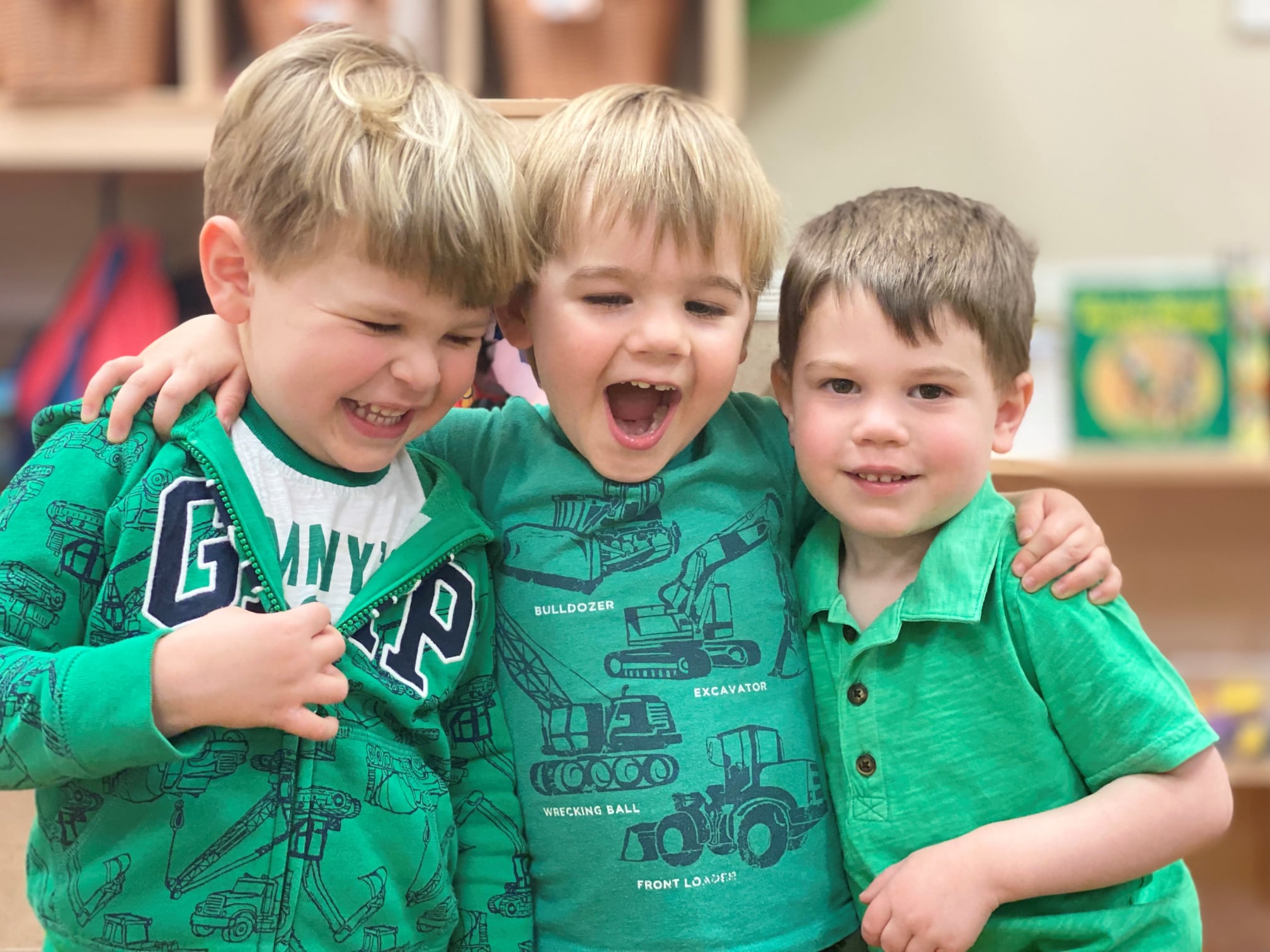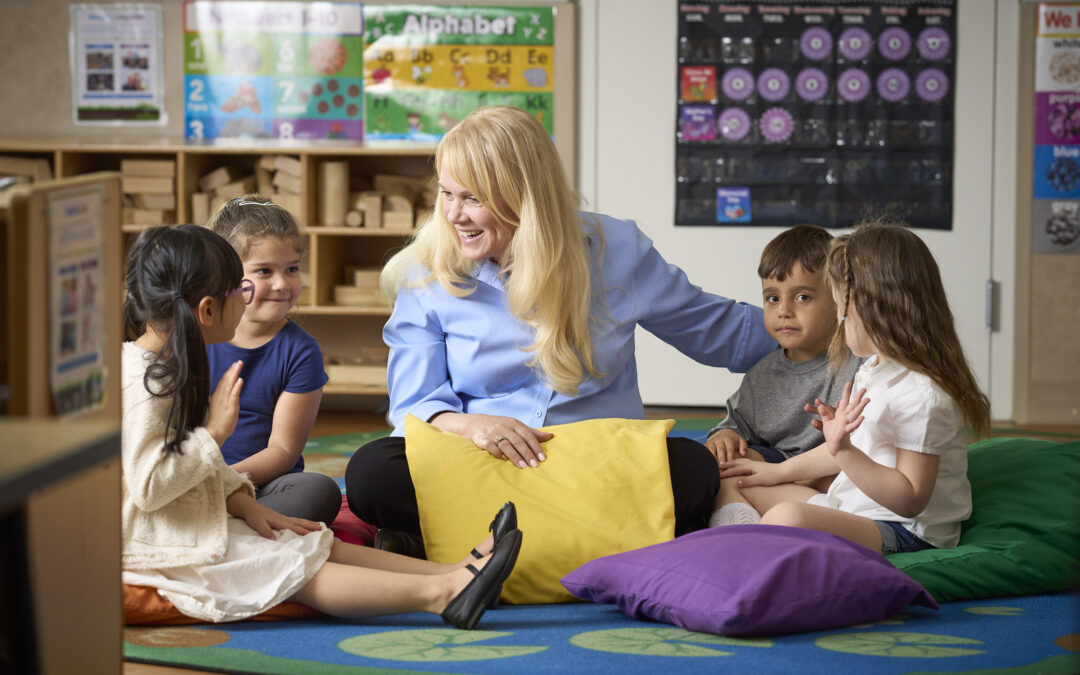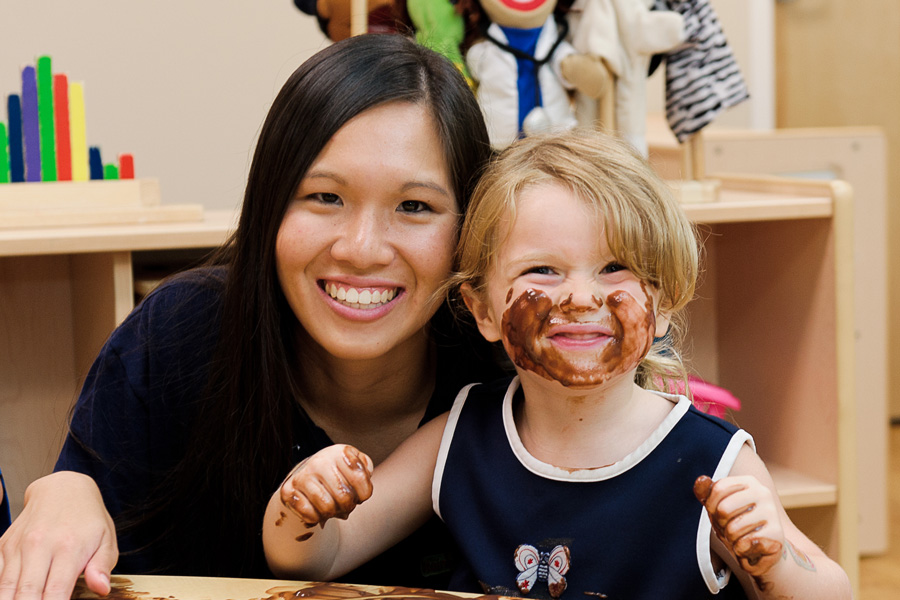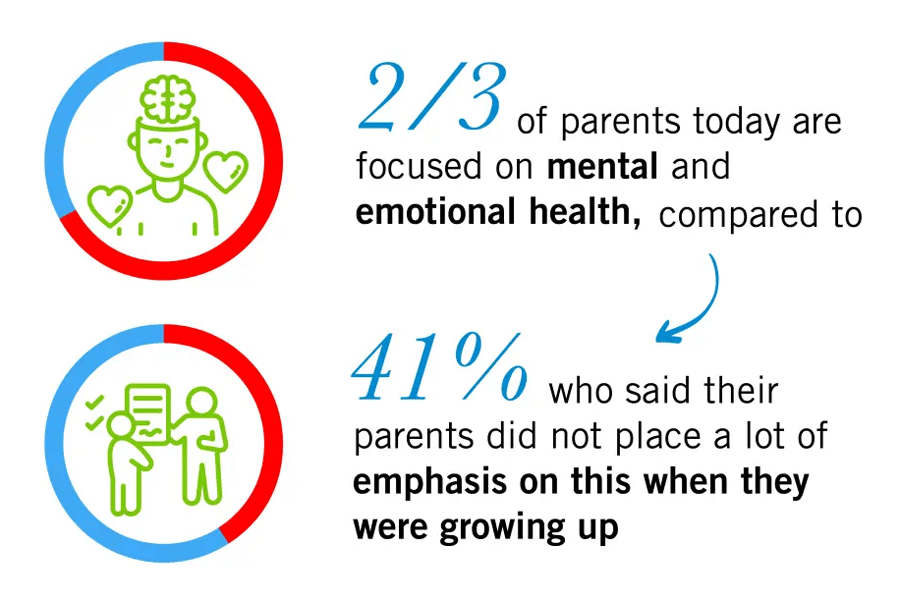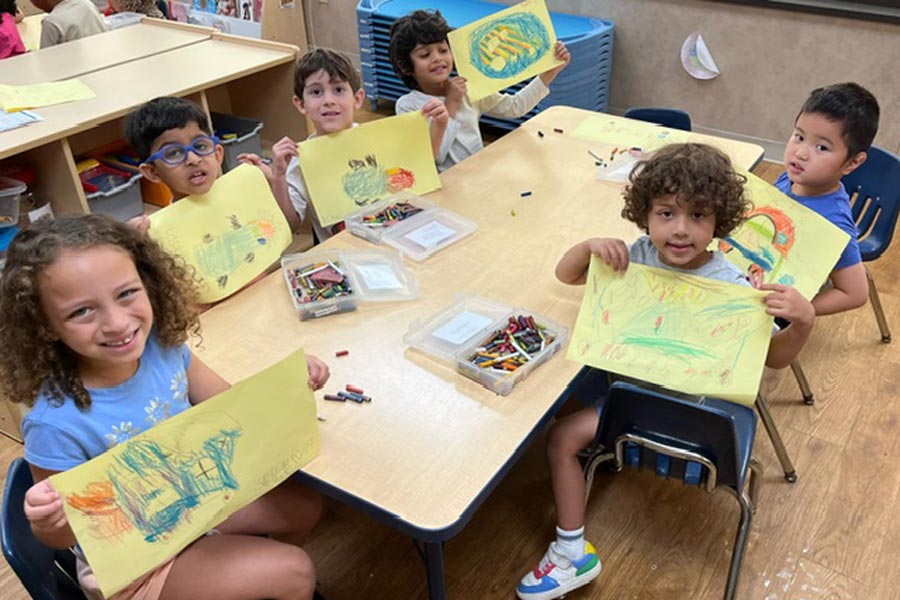Are you concerned about your child’s social skills and want to help them make new friends? Well, fret not! As adults, we understand the value of strong, meaningful friendships, and it’s only natural that we want our little ones to experience the joy of genuine connections too. Here are some tips on how to teach your child to make new friends at home and in school!
1. Lead by Example
Remember that old saying, “Children learn what they live”? Well, it couldn’t be more true! As parents, we are our children’s role models, and our actions speak louder than words. Demonstrate the value of friendship by maintaining positive relationships with your own friends. Show them kindness, empathy, and respect in your interactions with others, so they can see firsthand what it means to be a good friend.
2. Encourage Open Communication
Create a safe space for your child to express their feelings and emotions. Encourage open communication and active listening at home. When they feel heard and understood, they’ll find it easier to connect with others outside the family circle. Remember, you’re their confidante, and your support will boost their self-confidence and social skills.
3. Playdates and Social Activities
Engage your child in playdates or group activities where they can interact with other children their age. This can be at school, the local trampoline park, or even through extracurricular activities. By participating in shared interests, they’ll naturally find common ground with others, making the process of forming friendships smoother.
4. Teach Empathy and Kindness
Help your child understand the importance of empathy and kindness in building strong friendships. Talk to them about considering others’ feelings, showing compassion, and being helpful. A little act of kindness can go a long way in forming lasting bonds.
5. Role-Playing Friendships with Older Children
Engage in role-playing exercises with your child to practice social situations they might encounter. Pretend to be their friend and help them navigate different scenarios, such as introducing themselves, sharing toys, or resolving conflicts. This playful approach can boost their social skills and build their confidence.
6. Emphasize Quality Over Quantity
Remind your child that it’s not about the number of friends they have, but the quality of those friendships that truly matters. Encourage them to focus on connecting with like-minded individuals who share their interests and values, rather than trying to impress everyone they meet.
7. Celebrate Differences
Teach your child to embrace diversity and appreciate differences in others. Encourage them to interact with kids from various cultural backgrounds, as this will help broaden their horizons and promote a sense of inclusivity.
8. Be Patient
Making friends is a gradual process, and every child is unique. Be patient and avoid putting pressure on them. Allow friendships to develop naturally and at their own pace. Sometimes, all it takes is one meaningful connection to spark a beautiful friendship!
Helping your child make new friends is a journey that requires a little patience, some empathy, and a lot of love. Be their friend, guide, and supporter throughout this process. Remember, friendship is one of life’s most precious gifts, and equipping our children with the skills to foster these connections will set them on a path of happiness and fulfillment.
So, let’s go forth with kindness, understanding, and a friendly smile, knowing that we’re empowering our children to build beautiful friendships that will last a lifetime. Happy friend-making, everyone!


